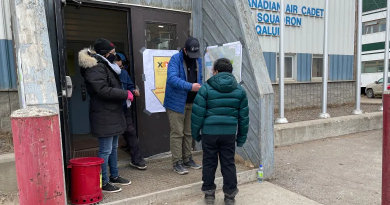Northern Canadian territory’s tourism on pace for another record-setting year, say tourism officials
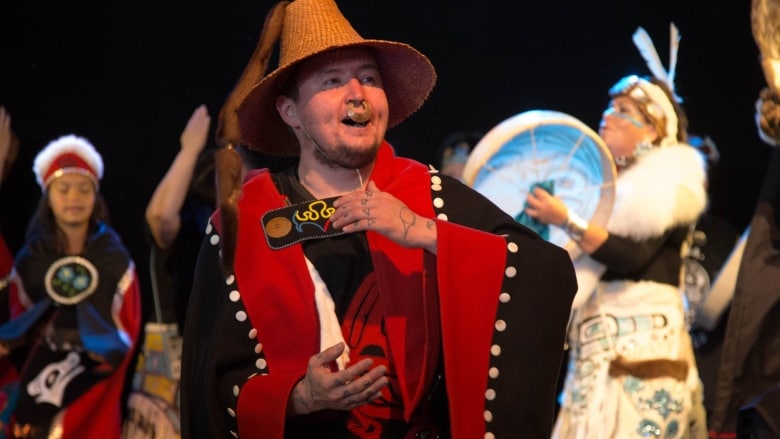
Canada’s northern Yukon territory could be in for another year of high tourism numbers, according to people in the industry.
“It appears that the momentum that was generated through 2017 — it’s a record year in tourism — is carrying over into 2018,” said Pierre Germain.
“The indicators are promising, and we’ll keep our fingers crossed,” he added.
One of those indicators is the number of people arriving by air.
Through to the end of July, air arrivals are up by six per cent over last year, said Germain.
The reasons are complex, he said, but factors probably include the low Canadian dollar, relatively prosperous economies around the world and the push for Canadians to see their country during the Canada 150 celebrations last year.
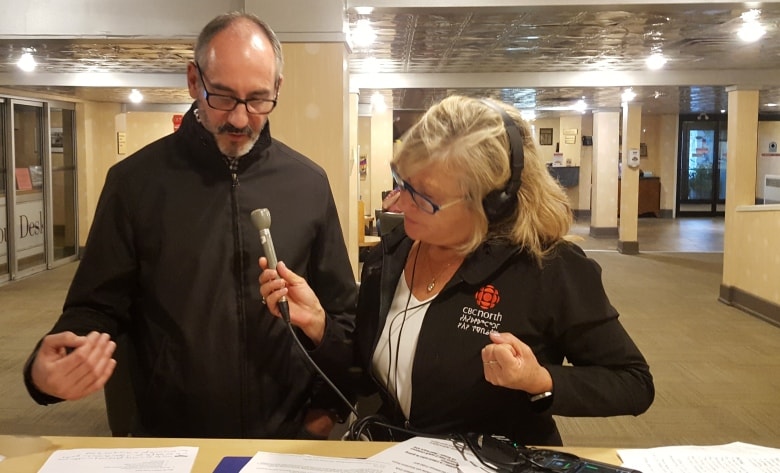
Germain was one of about a dozen guests interviewed on CBC radio’s A New Day in Whitehorse (southern Yukon) Thursday morning. The theme of the program was tourism.
Indigenous tourism growing
Indigenous tourism is also a factor, said Caili Steel, Aboriginal tourism development officer for the Yukon First Nations Culture and Tourism Association.
“Well there’s certainly a growing interest in Indigenous tourism and I think in the last couple of years we’re really starting to see an explosion in this sector,” said Steel.
She said all 14 Yukon First Nations have their own unique cultures with a number of festivals and gatherings that showcase them.
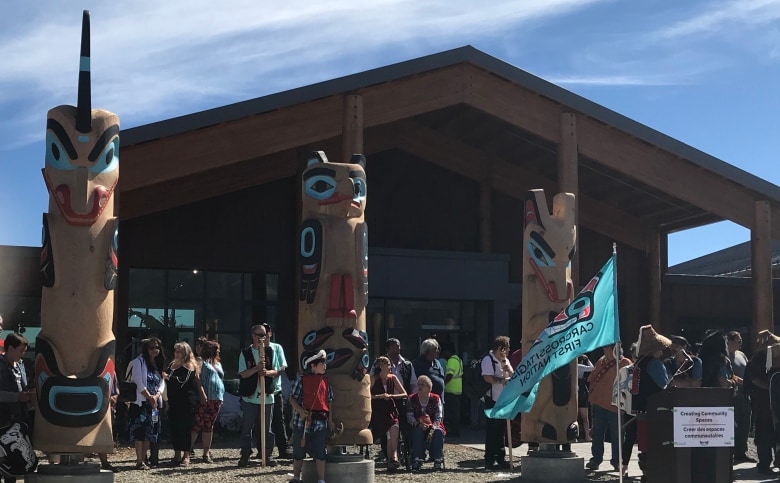
Steel noted there are also eight Indigenous cultural centres that are “great starting places” for tourists when they arrive in a community.
“[They] are incredible windows into these different communities, meet local people, local programming,” Steel said.
She said Indigenous Yukoners are seeing economic opportunities in providing tourists wilderness camps and other cultural experiences.
Steel said tourism is an “incredible tool” tool for reconciliation.
She added it can be a way to revitalize traditional culture and build community pride.
Wilderness continues its allure
Neil Hartling, chair of the Tourism Industry Association of the Yukon, said business is good.
“We’re really riding the wave of the popularity of the Yukon. In fact the Canadian North in general, which is fantastic,” said Hartling, who provides tours all across northern Canada.
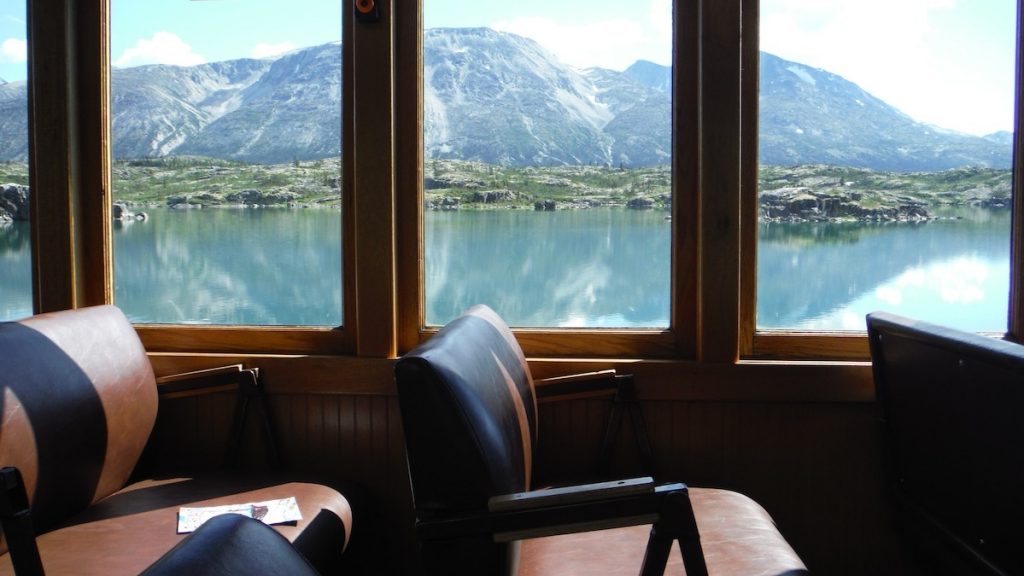
He said trips on rivers like the Tatshenshini, Wind and Firth have achieved iconic status.
As part of his job as executive director of the Tourism Industry Association of the Yukon, Blake Rogers works on industry-wide problems.
That can mean making sure there are garbage cans at tourist sites in a community like Carcross, he said.
“We just to want make sure when tourism comes to town, it’s a positive experience for everybody,” said Rogers.
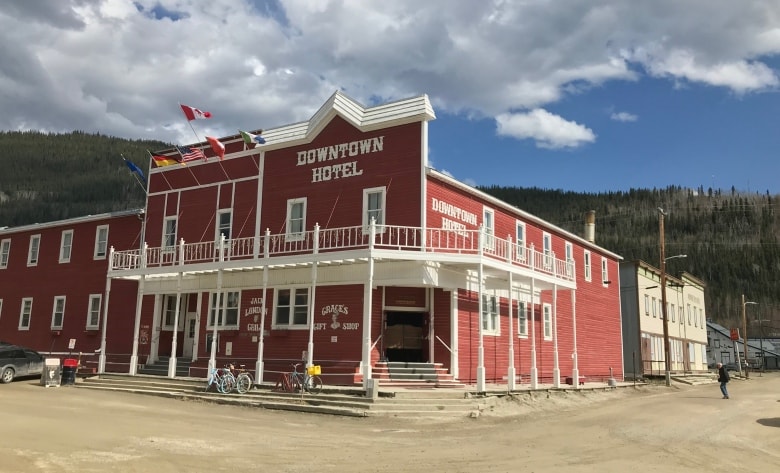
He said Yukon tourism employers are sharing some problems with their counterparts across Canada.
One is that they’re having trouble finding staff and keeping them, especially in small communities like Dawson City that has tourism seasons.
“In talking with some of my counterparts in other parts of the country, B.C. and Ontario for example, they’re seeing it as a crisis right now,” he said.
With files from Sandi Coleman and Mark Evans
Related stories from around the North:
Canada: Drivers flock to Northern Canada’s new highway to Arctic Ocean, CBC News
Finland: Southern Finland to get tourism boost from Chinese visitors, YLE News
Iceland: Arctic tourism in the age of Instagram, Eye on the Arctic special report
Norway: Several ships being launched to feed Arctic cruise boom, The Independent Barents Observer
Russia: World’s first round-the-Arctic luxury cruise could set sail in 2020, The Independent Barents Observer
Sweden: Growing number of Swedes choose train travel over flying to reduce pollution, Radio Sweden
United States: Alaska’s cruise industry just keeps getting bigger, Alaska Dispatch News

